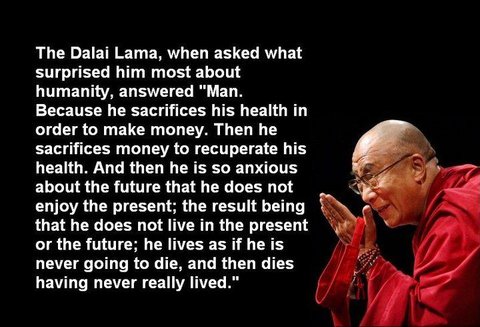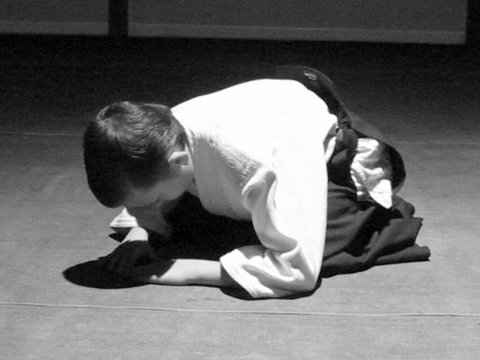
I want to start writing about conflict, which for many of us is something that is viewed negatively.
What is your relationship to conflict, how do you use the word and how does this inform your relationship to the way you deal with it?
Conflict comes in many forms, internal ones (where we are ‘fighting’ ourselves), external ones (where we are ‘fighting’ another person) and societal ones (where we are ‘fighting’ the group or the state).Our primary route into learning about conflict is through the family or adults that we grow up with, the ways in which they behave, the things they do and also the things they don’t do.
Some of us grow up with loud arguments being normal and being safe – where everyone knows it’s okay to express feelings and that being loud is just how we speak when we have something we want to say that we feel strongly about.
Other people will have been in families where loud means dangerous and should be kept away from at all costs.
Many of us will be familiar with conflict being something that is always seen as negative and we will have developed strong avoidance patterns.
Spoken and unspoken emotions will have a large formative effect upon us.
Some of our recollections of childhood will be positive others very negative, these early experiences will have shaped our understanding and our patterns of behaviour around conflict.
Whenever I ask a group to do a word association exercise on the word conflict, the outcome is nearly always negative. Most of us don’t say things like ‘I’m really looking forward to going to work today; I’ve got some really juicy conflicts to deal with’. We are much more likely to be thinking in terms of who to blame, getting rid of them or just avoiding the issue at all cost.
I want to introduce the possibility that conflict is creative, dynamic and promotes change.
Conflict is a given, it is going to happen whether we want it to or not, so if we manage to relax into accepting it, we can start to build a more fruitful relationship to it.
As conflict is inevitable, the part I have control over is how I relate to it, so can I take responsibility for this?
Can I change my mind about conflict?


